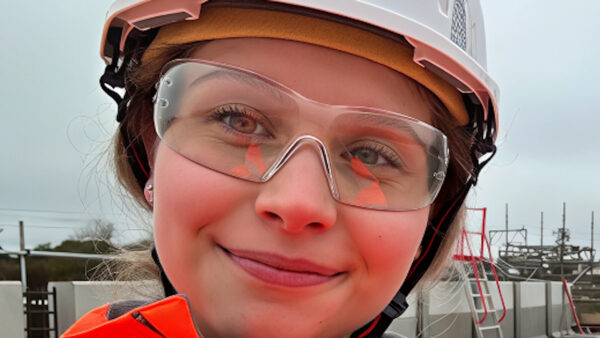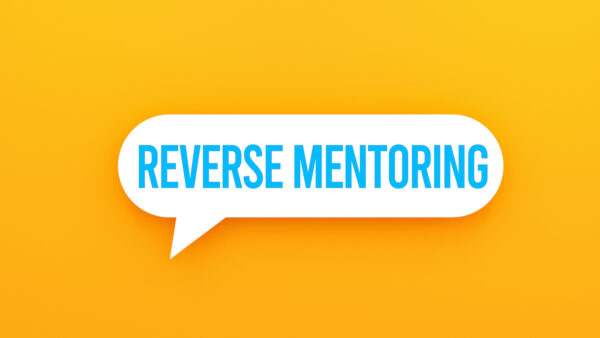Sarah Fraser, head of Willmott Dixon’s Foundation, describes how social value delivers community and bottom-line benefits.
What does your role involve?
Our social value work takes many forms – from giving talks in schools, arranging work experience and apprenticeships, through to fundraising and revamping community facilities. We particularly focus on helping young people facing significant disadvantage.
It’s my job to set the strategy, support our people in its delivery, and then make sure we report what we do properly. I think of my role as 50% Nick Knowles and 50% Alan Sugar. This is because the foundation is about doing the right thing, but it’s also about being able to add value to our customers, and so helps make us their contractor of choice.
“We are seeing public sector spending ever more squeezed and most of our clients are working really hard to do more with less. It stands to reason that clients will prefer those contractors who can help.”
Sarah Fraser
Your background is in HR. Have you had to take on extra training?
The move wasn’t as big a jump as you might think. My role is still people-focused and all about influence and change. Like HR, there’s also a lot of work with spreadsheets and stats. The biggest challenge for me was the jargon.
How is increasing focus on social value changing the way contractors work?
We are seeing public sector spending ever more squeezed and most of our clients are working really hard to do more with less. It stands to reason that clients will have a preference for those contractors who can help.
Many have criticised the industry for being behind the curve on innovation, but when it comes to social value, I think we are leading the way – certainly in the UK. And this is good news when it comes to tackling the skills gap. We are seeing in Willmott Dixon that having a purpose beyond profit is helping to attract good people.
In Willmott Dixon we have seen a growth in the number of community managers that we employ and the skill sets needed in construction will change significantly over the coming years.
This is partly because new technologies will change the way we do things. But it’s also because the people side of the job – whether that’s helping clients understand the relative merits of different building solutions or training the workforce of the future – is going to become even more important.









Comments are closed.